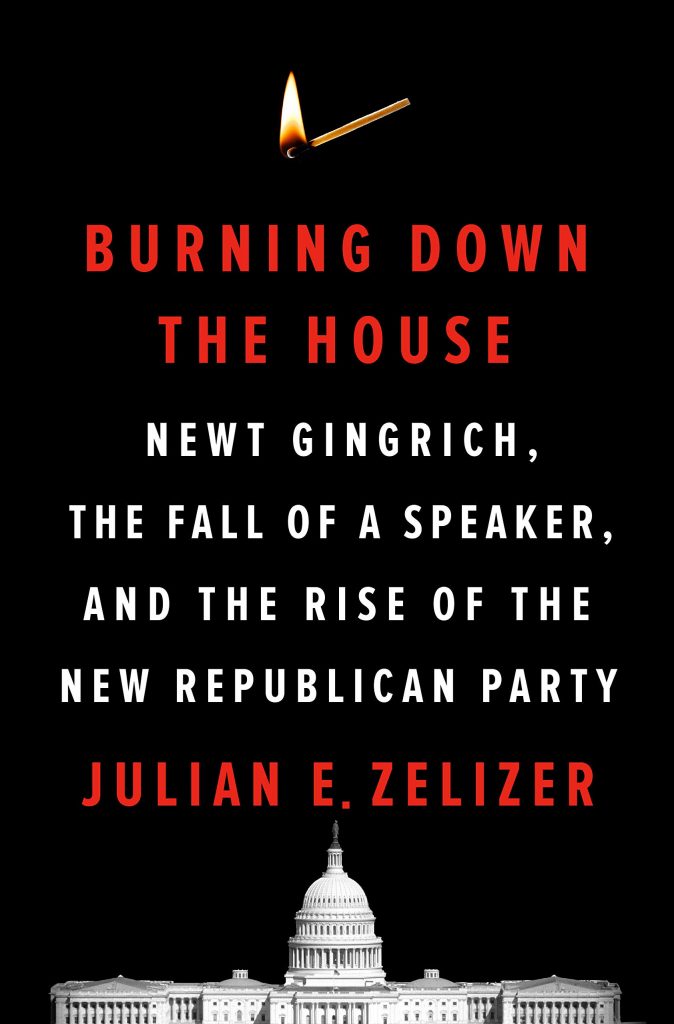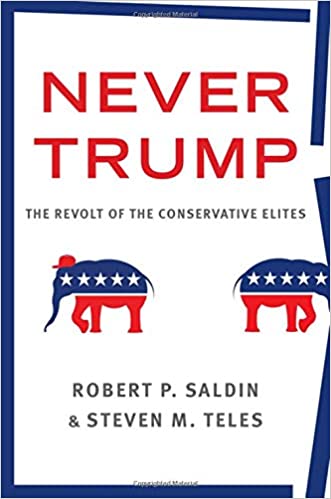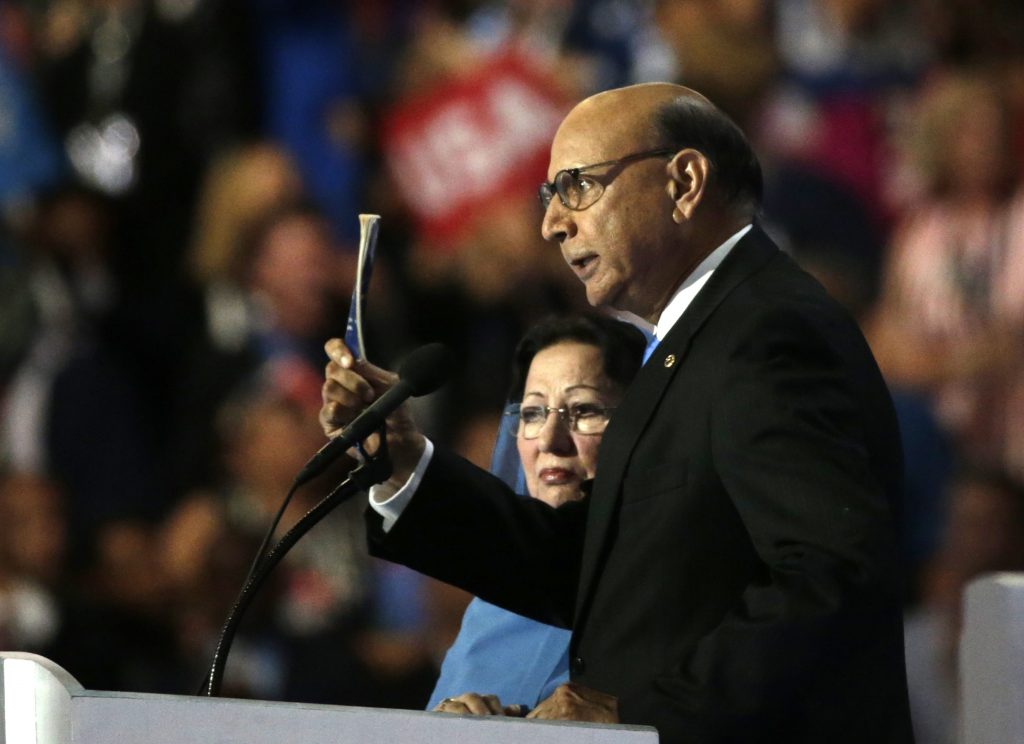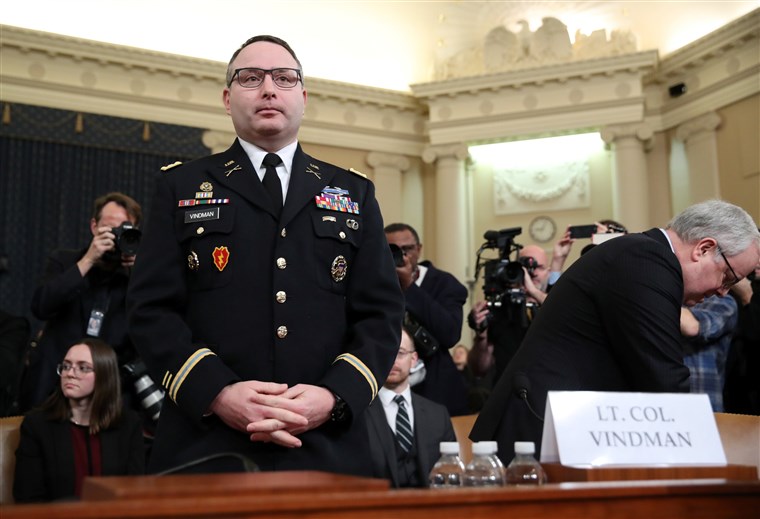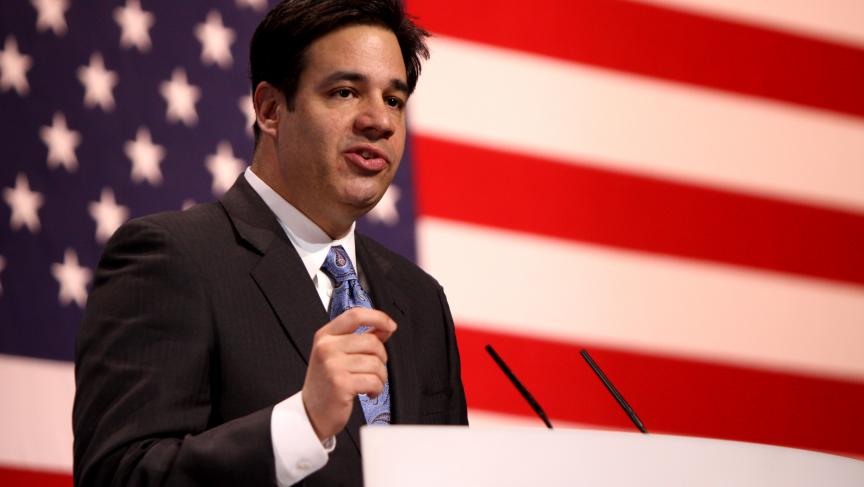A month and a half before the country voted in the November election, Barton Gellman wrote a long piece in The Atlantic predicting with uncanny precision what has happened over the last month.
“Let us not hedge about one thing,” Gellman wrote. “Donald Trump may win or lose, but he will never concede. Not under any circumstance. Not during the Interregnum and not afterward.” By “Interregnum” Gellman means the period we are in right now, the fragile space between when one candidate for president loses – in this case Trump – and the winner takes office.
We still have 40 days and 40 nights to go. And it’s a chapter right out of the new book Strongmen, a book I highly recommend.
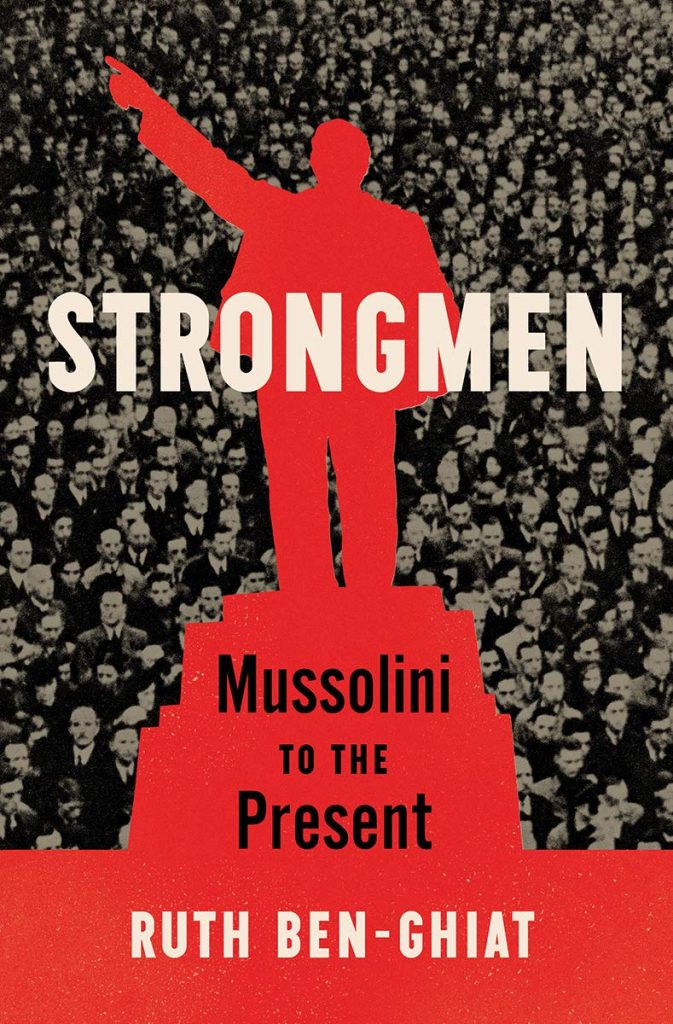
There was a fair amount to scoffing at Gellman’s prediction that a defeated Trump would never concede and might actually attempt to further corrupt American democracy by sowing widespread doubt about the election outcome, or that he would actively try to get fellow Republicans to help him steal an election he lost.
The esteemed journalist Walter Shapiro, a legendary political observer, was one who mostly dismissed concerns about the seriousness of Trump’s post-election nonsense. Shapiro quoted Sam Feist, CNN’s Washington bureau chief, as basically saying: don’t worry, the election outcome will be obvious when one candidate reaches the required 270 electoral votes.
Even if Trump prematurely declares his own victory, which is precisely what he did in the early hours of November 4, Feist told Shapiro, “We will all note that the facts do not support this declaration…”
But in the Trump Era, to most Republicans, facts don’t matter. Losing more than 50 desperate and often comically inept election legal challenges doesn’t matter. Having the Supreme Court dismiss a challenge to Pennsylvania votes with a one-sentence kiss off that must be the most obvious “bugger off” delivered by a court in presidential history doesn’t matter.
The loathsome Texas Republican Senator Ted Cruz was actually ready to argue the case before the high court before the nine justices, three appointed by Trump, effectively told the president to go pound sand.
(Now Texas has rounded up 16 other states and more than 100 Republican members of Congress in another appeal to the Supreme Court that most every respected court observer believes is a ridiculous and futile effort to throw out millions of votes in four states Biden won.)
Trump lost the election – it really was not close, either in the popular vote or the Electoral College margin – but he has still salted democracy’s soil with the conspiracy theory that it was all a rigged, stolen election. This is and continues to be an unprecedented assault on free elections and a peaceful transition of power. And virtually every Republican office holder, including the backbone free enemies of democracy who represent Idaho and eastern Washington, have helped him do it.
The Turkish-born academic Zeynep Tufekci, who has experienced perverted or stolen elections in her home county, understands what is happening: “The U.S. president is trying to steal the election, and, crucially, his party either tacitly approves or is pretending not to see it. This is a particularly dangerous combination, and makes it much more than just typical Trumpian bluster or norm shattering.”
As Tufekci says, “Act like this is your first coup, if you want to be sure that it’s also your last.”
There is another aspect, equally frightening and anti-democratic, playing out across the country as Trump plots his next lie on Twitter. The political unrest he stokes to further his claim to hanging on to the White House has come, or is coming, to a courthouse or a statehouse near you.
The Republican majority leader of the Pennsylvania House of Representatives, pressured by Trump to do something, anything to reverse his loss there, said she had no choice but to acquiesce to the president’s pressure. “If I would say to you, ‘I don’t want to do it,’” Kim Ward said about signing a letter demanding her state’s congressional delegation work to overturn Biden’s win, “I’d get my house bombed tonight.”
Armed thugs shouting obscenities into bullhorns surrounded the home of Michigan’s secretary of state Jocelyn Benson last weekend, demanding that she “stop the steal,” even after the state certified its results confirming a Biden win in Michigan by 154,000 votes.
Benson said she supports peaceful protest, but that “there is a line crossed when gatherings are done with the primary purpose of intimidation of public officials who are carrying out the oath of office they solemnly took as elected officials.”
Similar efforts to intimidate local and state election officials have taken place in Arizona, Nevada, Georgia and Wisconsin. And the trickle-down effects of Trump’s effort to further destabilize the political process are felt even in a very Trump friendly place like Idaho. The local health district that serves four counties in southwestern Idaho, meeting to discuss steps to counter the raging pandemic, had to end its discussion when armed protesters showed up at the homes of three board members. The area is overwhelmed by the virus with hospital administrators warning that they will be forced to ration care by Christmas.
The very Trumpy “anti-mask” protesters, clearly influenced by the president’s politicization of pandemic mitigation measures, were deemed a threat to public safety by Boise police. Ada County Commissioner Diana Lachiondo was forced to leave the health board meeting in tears in order to rush home and check on her 12-year old son.

The Associated Press reported that the protesters were organized “at least in part, by a loose multi-state group called People’s Rights. The group was created by Ammon Bundy,” the same dangerous clown who was arrested earlier this year during a violent incident at the Idaho state capitol.
Almost simultaneously the human rights memorial in downtown Boise – a place that honors both Anne Frank and the late northern Idaho human rights activist Bill Wassmuth – was vandalized when some imbecile placed swastikas on the memorial, one claiming Nazis “are everywhere.”
To his credit, Idaho Governor Brad Little immediately condemned the intimidation aimed at health district board members, but he remains – as do other Republican leaders – maddingly indifferent to the broader assault on democracy underway. The governor, the congressional delegation and legislative leaders have bully pulpits, but they never muster the guts to speak from them.
Fearing his fellow conservatives, Little purposely created the environment where local, part-time health officials have had to become the frontline in the virus fight. And he acted this week as if his plans to cut taxes during the next legislative session was an adequate response to the radical rightwing anarchy that now increasingly dominates the state’s politics, and surely will continue to do so in the future.
By refusing to confront attacks on democracy at the highest level, Republicans now contend with attacks at every level, and the attacks come from their own supporters that they refuse to confront. Republicans have sown this wind; we all will now surely reap the whirlwind.
—–0—–
Additional Reading:
A few other items worth your time this week…
How Biden Should Investigate Trump
James Fallows in The Atlantic…
“As he prepares to occupy the White House, President-elect Joe Biden faces a decision rare in American history: what to do about the man who has just left office, whose personal corruption, disdain for the Constitution, and destructive mismanagement of the federal government are without precedent.”
Fallows has a few ideas.
How Trump Changed America
Clare Malone is a fine writer and her recent piece is very fine, indeed.
“I have no doubt that the effects of Trump’s presidency will ripple through American life for years, if not decades. Trump didn’t create partisanship or the idea that racism is a decent electoral strategy, but he elevated both. He revealed fundamental weaknesses in the way Americans consume politics, and he seemed to make everyone in America care about it. It is difficult to imagine that history will look favorably on Donald John Trump after he leaves office on January 20, but I feel certain that history won’t be able to stop looking.’
From the website FiveThirtyEight:
Maradona: The God of Argentina

It may not be possible to understand fully how deeply baked into Argentine cultural is the great game – and how the game was personified by the great Maradona – without a visit to Buenos Aires.
I was fortunate to visit a few years ago and came away with a better understanding of just how big soccer is in Argentina.
Diego Maradona’s recent death brought back those memories. This piece from The Ringer – even if you are not a soccer fan – is very good.
“There are geniuses in this world whose fate is not to be recognized at once, whose talents need time before they can be fully appreciated. This was not the case with Diego Maradona. By the time he was 9 years old, there was no mistaking what he was. If you saw him play, you knew. He was puny and odd-looking, a spindly shantytown kid, not yet the plug of compacted muscle he became. He wasn’t fast. He couldn’t jump. But the way he moved with the ball, the control he had with his left foot, left people gasping. Hardened soccer pros, narrow-eyed pragmatists who’d worked with enough youth talent to be cynical about the whole business of early promise, had to sit down and tell themselves to breathe. He’d go barreling at full speed into a swarm of bigger, faster boys, his chin tucked down and his little chest upthrust, and when they’d recovered their balance and turned around, the ball would be in the net.”
Thanks for reading…be safe.







